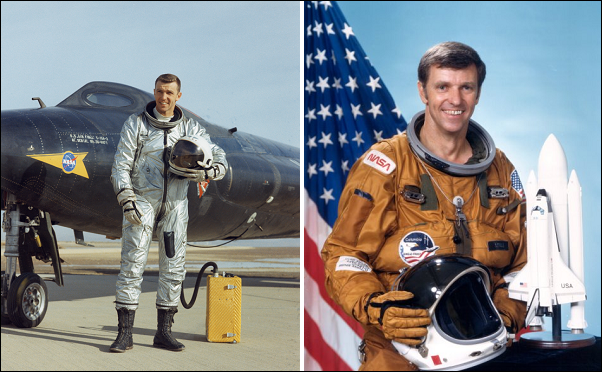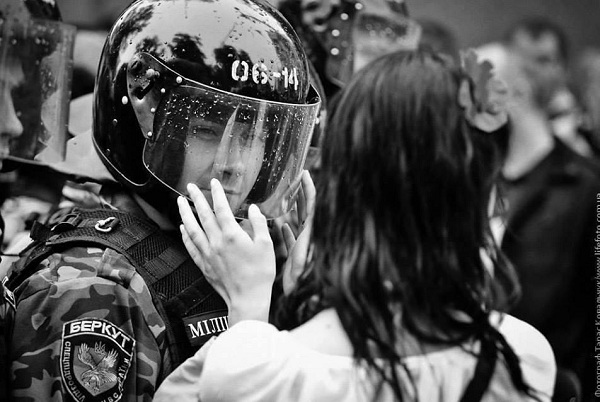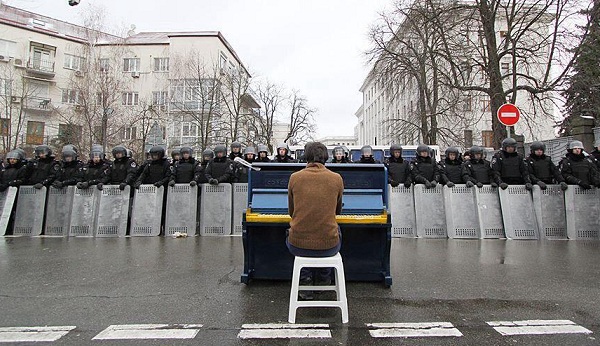Sunday surprise 14: G&S Effect
Sunday, February 2nd, 2014[ by Charles Cameron — like father, like son — Gilbert & Sullivan, Shakespeare and the video game Mass Effect ]
.
Some of our readers will no doubt recognize the “model of a modern Major-General” from Gilbert & Sullivan‘s “Savoy Opera” The Pirates of Penzance. He’s definitively British, and it’s a sign of the strength of the “special relationship” between the US and UK that the G&S operas have now won a place in many American hearts.
For those of you who don’t know your G&S, or do and would like to be reminded, here’s a Joseph Papp presentation of Pirates, with George Rose playing the Major-General, Kevin Kline as the Pirate King, and Linda Ronstadt as Mabel, from NYC’s Delacorte Theater in Central Park [available on DVD]:
And here for your convenience, since the words fly past at quite a lick, are the lyrics —
I am the very model of a modern Major-General,
I’ve information vegetable, animal, and mineral,
I know the kings of England, and I quote the fights historical
From Marathon to Waterloo, in order categorical;a
I’m very well acquainted, too, with matters mathematical,
I understand equations, both the simple and quadratical,
About binomial theorem I’m teeming with a lot o’ news, (bothered for a rhyme)
With many cheerful facts about the square of the hypotenuse.I’m very good at integral and differential calculus;
I know the scientific names of beings animalculous:
In short, in matters vegetable, animal, and mineral,
I am the very model of a modern Major-General.I know our mythic history, King Arthur’s and Sir Caradoc’s;
I answer hard acrostics, I’ve a pretty taste for paradox,
I quote in elegiacs all the crimes of Heliogabalus,
In conics I can floor peculiarities parabolous;
I can tell undoubted Raphaels from Gerard Dows and Zoffanies,
I know the croaking chorus from The Frogs of Aristophanes!
Then I can hum a fugue of which I’ve heard the music’s din afore, (bothered for a rhyme)
And whistle all the airs from that infernal nonsense Pinafore.Then I can write a washing bill in Babylonic cuneiform,
And tell you ev’ry detail of Caractacus’s uniform:c
In short, in matters vegetable, animal, and mineral,
I am the very model of a modern Major-General.In fact, when I know what is meant by “mamelon” and “ravelin”,
When I can tell at sight a Mauser rifle from a Javelin,d
When such affairs as sorties and surprises I’m more wary at,
And when I know precisely what is meant by “commissariat”,
When I have learnt what progress has been made in modern gunnery,
When I know more of tactics than a novice in a nunnery –
In short, when I’ve a smattering of elemental strategy – (bothered for a rhyme)
You’ll say a better Major-General has never sat a gee.eFor my military knowledge, though I’m plucky and adventury,
Has only been brought down to the beginning of the century;
But still, in matters vegetable, animal, and mineral,
I am the very model of a modern Major-General.
**
Now for the fun part.
My son David, who had never heard of the “modern Major-General”, was visiting me yesterday, and very proudly played me the ring-tone on his cell-phone.
It turns out he’d taken it from a video game called Mass Effact 2, which is his current favorite — and when I asked, he showed me a video of the game character called Mordin singing it:
Zing! His favorite game has a character who sings a variant on the G&S song! Like father, like son!
Here are the (revised) lyrics:
I am the very model of a scientist Salarian!
I’ve studied species, Turian, Asari, and Batarian.
I’m quite good at genetics (as a subset of biology),
because I am an expert (which I know is a tautology).My xenoscience studies range from urban to agrarian –
I am the very model of a scientist Salarian!
Too cool!
**
So we got to talking about games, and Shakespeare — David has been studying Romeo and Juliet — and it turns out that although David feels Shakespeare is very skillful with words, and brings the human emotions out very directly in his plays, he’s more deeply gripped by Mass Effect 2 than by Romeo and Juliet, because it felt more “natural” to him, at least partly because he could navigate it at his own pace.
So this issue wasn’t that Shakespeare was boring or old, but that some games have developed new ways in which narrative can be enjoyed that can take one deeper into the story.
As an admirer of my friend Bryan Alexander‘s work on new narrative forms in his book, The New Digital Storytelling, this gave me a refreshing new perspective on games: that the pacing and interactivity themselves potentially take the narrative experience to a new level.
David made another observation: that he can learn from the little details of a game as much as he learns from the same game’s major plot points — and he used the Scientist Salarian song as his example. When it’s sung, standing alone in Mass effect 2, it’s a minor incident in the game. And whereas in Romeo and Juliet, each speech is intended, word for Shakespearean word, to create a powerful impact, Mordin’s song in Mass Effect 2 is like many other aspects of the game, there only to build a slow familiarity with a character.
It is not until Mass Effect 3, in fact, that the full impact of Mordin’s song hits home.
**
In Mass Effect 3, the character Mordin decides to sacrifice his own life to end the genophage sterility plague which has been aflicting the Krogan, one of the other races in the game. We know he is sad to relinquish his life in this way, because he had earlier expressed a desire to retire to a beach somewhere and “perform tests on sea shells.”
Explaining why he is going to sacrifice his life — and his dreams of retirement — in this way, he says:
My project. My work. My cure. My responsibility.
Sadly — terrified yet proud, then — having made his decision, he sings again the “Scientist Salarian” song:
That, says David, is why I have invested so much time in playing this series of games.
Mordin singing this song in each of two separate scenes doesn’t mean much until we have seen both in sequence. And although the lyrics of the song he’s singing doen’t directly tell us what he’s feeling, experiencing the entire story with him across two games reveals that he is in fact terrified — and reveals it in a disturbingly more intimate way than if he had simply stated it as a fact: it’s his intonation as he sings the song that second time that shows us his terror and his determination.
The second time around, because players have grown to know Mordin through dozens of hours of gameplay, his decision and death scene are truly heart-wrenching.
As I watch that second song for the third time, I see what David means.











